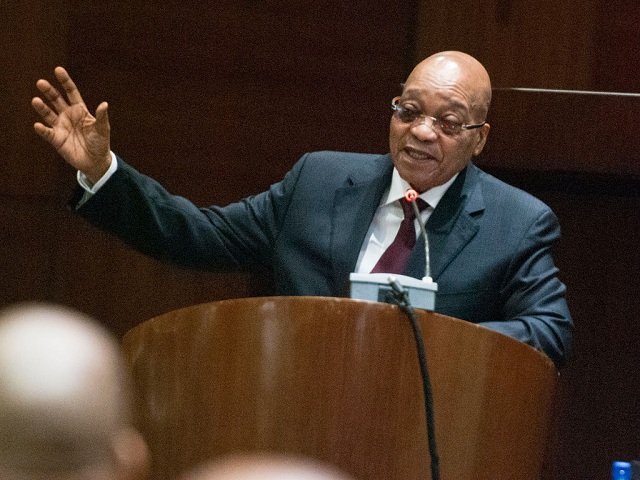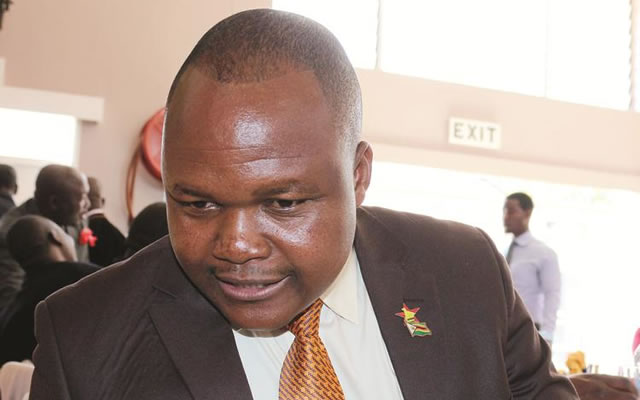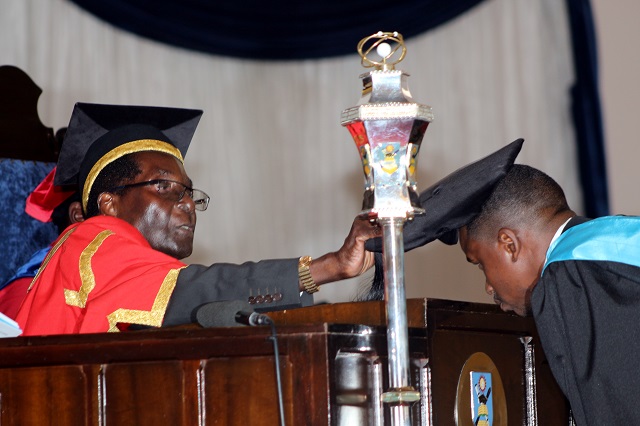EDITORIAL COMMENT: Zim, SA must implement projects without delay

Zimbabwe and South Africa took their bi-lateral relations to a historic level when they launched the bi-national commission in Harare on Thursday.
In 1995, the two countries set up a joint commission for co-operation to guide their bi-lateral relations and in 2005 they created the joint permanent commission on defence and security. To give the necessary weight to their strong and growing relations, the countries signed an agreement to establish a bi-national commission (BNC) in April last year, the first and only such co-operation agreement Zimbabwe has with any country.
The two countries have close political, social and economic ties glued together by history, geography and culture. South Africa is Zimbabwe’s biggest trading partner. It is one of the biggest sources of investment into Zimbabwe.
However, there is still much room for the two countries to further develop their relations especially economically.
In a joint communique released at the end of their summit in Harare on Thursday, President Mugabe and his South African counterpart, Jacob Zuma, expressed concern over the slowness in the implementation of some agreed programmes and called on their countries to expedite the processes.
The BNC noted in the communique, the progress made in strengthening bilateral cooperation in sectors such as health, education, training, women and gender, sport and recreation, mining, tourism, energy, transport, infrastructure development, information communication technology, science and technology, tourism, immigration, defence and security. They also called for enhanced cooperation in agriculture, food security, housing and SMEs/SMMEs development.
However, they were unhappy with the apparent lack of progress in a few critical areas.
“The two Heads of State noted that 38 Agreements and Memoranda of Understanding have been signed by the two countries to date,” said the communique. “The two heads of State urged the various departments to implement as a matter of urgency the Agreements and Memoranda already concluded between the two countries. The Heads of State expressed concern over delays in concluding a number of Agreements and Memoranda and directed the relevant Ministries and Departments to conclude negotiations on all outstanding Agreements and Memoranda.”
Indeed, it is one thing to celebrate the signing of agreements and quite another to have the agreements bearing fruits on the ground.
One such outstanding joint project is the establishment of a one-stop border post at Beitbridge. Decided by the joint permanent commission in 2009, the one-stop border post at Beitbridge/Musina — the busiest inland border post in Southern Africa — the project has not been consummated yet.
Beitbridge/Musina is a very critical project that should be implemented without further delay. A one-stop border post eases the movement of goods, services and people across borders. Immigration formalities are typically simplified and expedited. Generally the time goods, services and travellers take when travelling across a one-stop border post is shorter.
That goods and travellers at Beitbridge/Musina sometimes spend days uncleared is evidence enough highlighting the need for a one-stop concept to be implemented. Seven years is too long for this project to see the light of the day, thus we reiterate the need for authorities to make it happen. It is gratifying that the BNC put a timeframe within which modalities for its establishment must be finalised. They gave themselves by the time of the next BNC meets next year.
Zimbabwe has a one-stop border post with Zambia at Chirundu and reports indicate that it has been working well in expediting movement of goods and services between the two countries. We have no doubt that the one at Beitbridge will do likewise.
Now that we have a BNC, a platform on which the heads of state have a more direct involvement, we expect movement towards that as well as other agreed programmes.
We view the agreement to establish a joint trade and investment committee by the end of the first quarter of 2017 as a positive development to hasten the development of not only the Beitbridge/Musina deal, but many others as well.
The committee, with such a specific mandate, should be instrumental in identifying trade and investment issues that are doing well and those not doing so well and help marshal effort and resources into the same for progress to be made.
Looking ahead, President Mugabe said:
“This new highest level forum of regular engagements between us, reflects the dynamic and logical evolution of our already comprehensive bilateral cooperation. We have agreed and look forward to working closely together as strategic partners in defending our sovereignty, in fostering economic development, in promoting and maintaining peace and security in our countries and in the region.”
President Zuma was also hopeful that the BNC will help further strengthening the relations between the two countries in a holistic fashion.
“Our business communities stand ready to play their part if, as Governments, we create conducive environments for ease of doing business including but not limiting to the establishment of a One-Stop-Border-Post for facilitation of free movement of people goods and services among others,” he said.











Comments